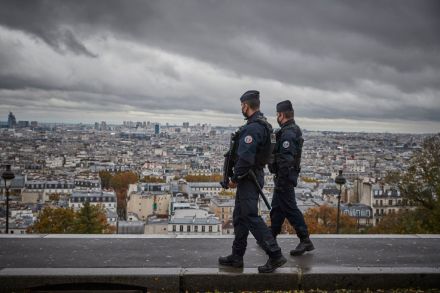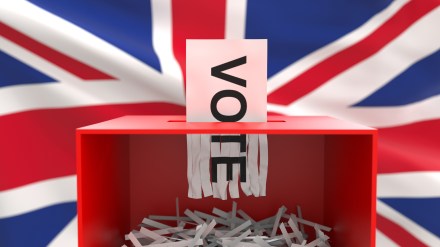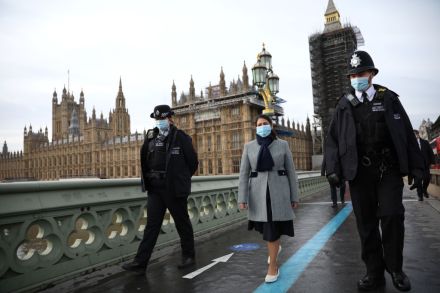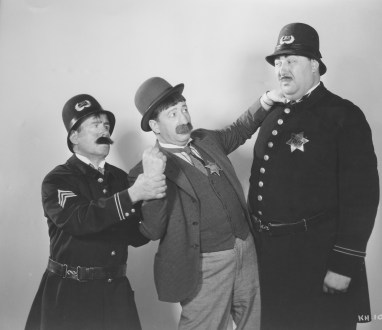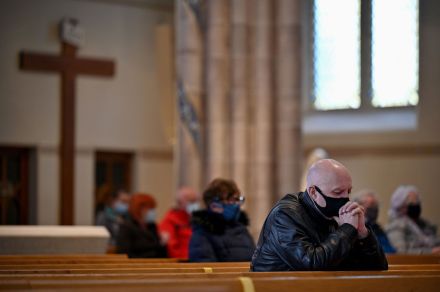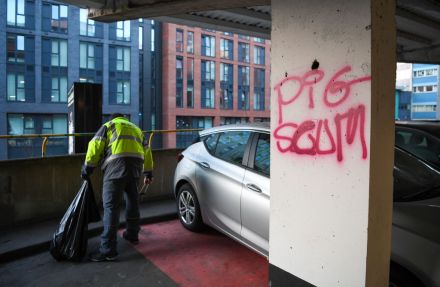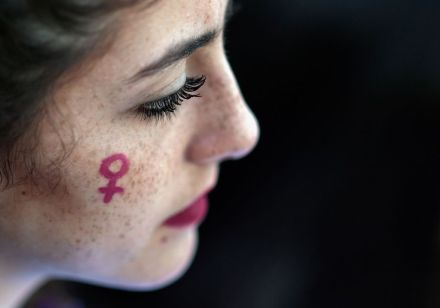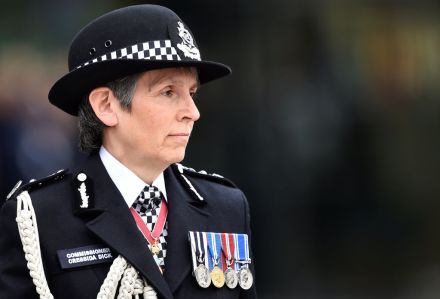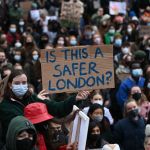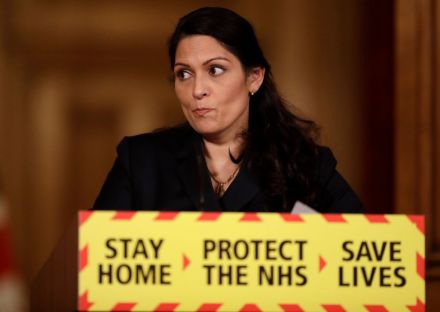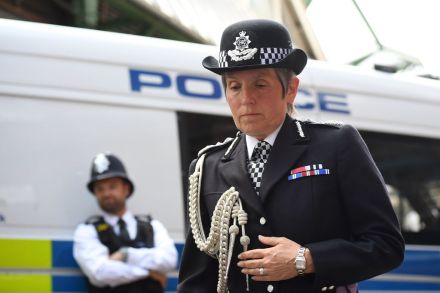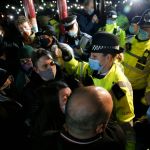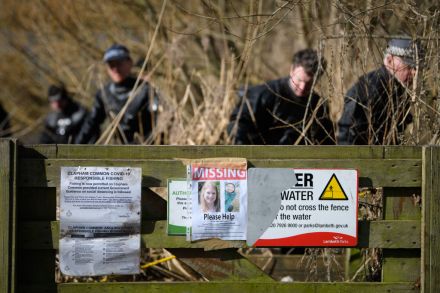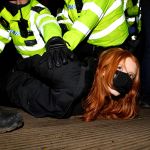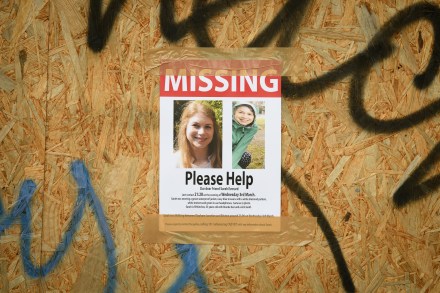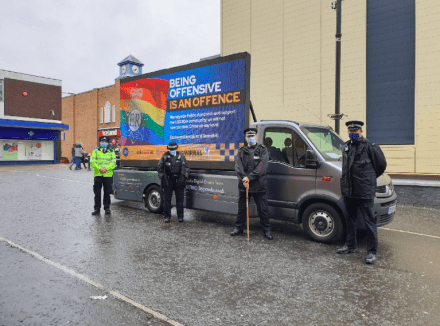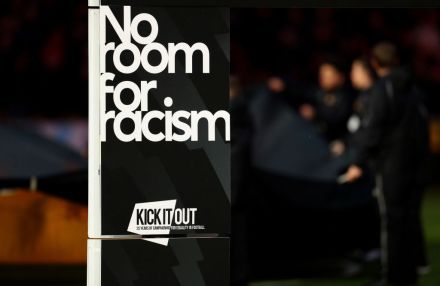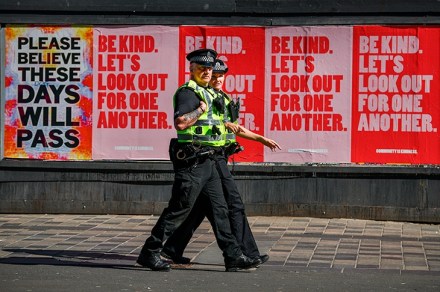The BBC’s shameful smearing of the French police
I had my first jab on Wednesday, at a vaccination centre in the south of Paris, run by the fire service. The fireman who administered my vaccine shared my love of rugby and once the ice had broken I asked him what life was like as a firefighter (I’ve heard some terrible stories, of fire crews attacked as they worked). His district was relatively calm, he told me, unlike those of some of his colleagues. It’s far worse, he added, for the police, many of whom at that moment were gathering in Paris at a rally attended by several politicians, including Gérald Darmanin, the Interior Minister. Ostensibly it was to
